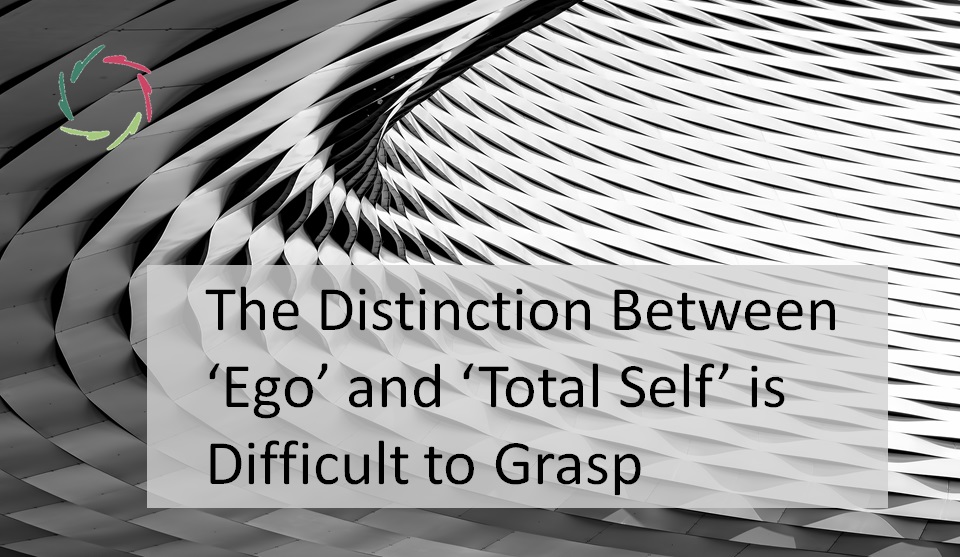Romanticism, the Refusal to Give Up

Romanticism is not just an artistic movement; it’s a refusal to give up on what truly matters, even when faced with the inevitable transience of life. It thrives on the tension between the fleeting and the infinite, the seen and the unseen ― capturing the eternal human yearning for beauty, connection, and meaning.
This spirit finds expression across cultures and centuries. From Keats’ odes to Tagore’s meditations, from Rilke’s letters to Shakira’s poignant lyrics, the Romantic ideal transcends boundaries. It speaks to a universal truth: that in the interplay of the finite and infinite lies the heart of what it means to be human.
The romantic tension: between the finite and infinite
Romanticism embraces paradox. It finds beauty in the fleeting moment and eternal meaning in the transience of life. John Keats expressed this powerfully in Endymion:
“A thing of beauty is a joy forever:
Its loveliness increases; it will never
Pass into nothingness.”
Keats reminds us that while beauty may seem momentary, its essence endures, leaving an indelible mark on the soul. This tension between the tangible and intangible mirrors our deepest longings — for love, for meaning, for something greater than ourselves.
Rilke: loving the unresolved
Romanticism does not demand answers; it cherishes the mystery. Rainer Maria Rilke, writing at the dawn of modernity, captured this sentiment in Letters to a Young Poet:
“Habe Geduld
gegen alles Ungelöste in deinem
Herzen
und versuche,
die Fragen selbst liebzuhaben,
wie verschlossene Stuben und wie
Bücher,
die in einer sehr fremden Sprache
geschrieben sind.”
(“Be patient toward all that is unsolved in your heart and try to love the questions themselves, like locked rooms and like books that are now written in a very foreign tongue.”)
This call to embrace uncertainty is at the heart of Romanticism — and of life itself. It invites us to trust the deeper processes at work, even when clarity eludes us.
Tagore: eternity in the present
In the East, Rabindranath Tagore brought a similarly Romantic vision to his poetry. In Gitanjali, he writes:
“The butterfly counts not months but moments, and has time enough.”
Tagore’s words reflect an almost meditative Romanticism: the ability to find eternity in the fleeting moment. His perspective underscores how Romantic ideals transcend cultural boundaries, uniting humanity in its longing for beauty and meaning.
Shakira: everyday romantic
In contemporary art too, the Romantic spirit persists. Shakira’s lyric from “Antología” encapsulates this beautifully:
“Despegaste del cemento mis zapatos / Para escapar los dos volando un rato”
(“You lifted my shoes from the cement / So we could escape, flying for a while.”)
This line captures the essence of Romanticism in its longing to transcend the mundane and touch the infinite. It speaks to love’s power to elevate us, to free us from the weight of the everyday, and offer moments of flight — brief, perhaps, but deeply transformative. In these moments, we glimpse something eternal, a connection that lingers even when the flight ends.
Shakira’s lyrics remind us that Romanticism is not just about grand gestures or lofty ideals. It is also found in the intimate, personal moments that lift us out of ourselves and into something greater. Love, in its simplest expressions, carries the same timeless spirit as the greatest Romantic works.
Autosuggestion: a quiet romantic act
Romanticism thrives on the tension between the conceptual and the subconceptual — between what we can grasp intellectually and what we feel deeply but cannot fully articulate. Autosuggestion mirrors this process. It uses finite, conceptual tools (words and phrases) to invite the infinite, subconceptual patterns of the mind to emerge.
This is why autosuggestion is more than a technique; it’s a philosophy of being. Like Romanticism, it embraces uncertainty, trusting that growth and healing come not through force but through gentle, natural unfolding. Autosuggestion, in its essence, is a quiet Romantic act — a deliberate whisper to the infinite.
The refusal to give up
Romanticism, whether in art, philosophy or the practice of autosuggestion, is ultimately about persistence. Although this may seem different sometimes, it refuses to surrender to despair or cynicism. It finds beauty in the struggle and meaning in the mystery. This refusal to give up – on love, on beauty, on life – is what makes Romanticism timeless and profoundly human.
As Rilke said, we must love the questions. As Keats, Tagore, and Shakira remind us, we must cherish the fleeting as eternal. And as autosuggestion shows us, we can use this tension to grow and heal. Romanticism, in all its forms, invites us to live boldly, trusting that the infinite is always within reach.
So, be bold, and never give up. The Romantic spirit endures — not just in art but in the way we choose to live, love, and grow every day.


